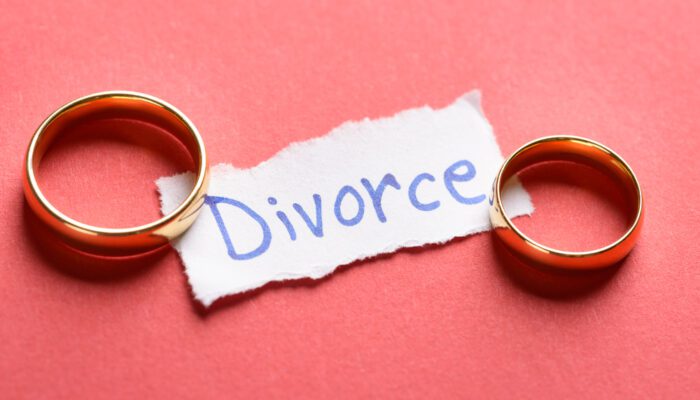Pet custody in Florida divorce is a really sad reality to confront. Who gets the dog in a divorce in Florida? We love our pets be they dogs, cats, birds, fish, etc and often think of ourselves as their parents. Pets become family to us personally as well as to our children. While a dog may be considered by many to be a member of the family, under Florida law, animals are considered to be mere personal property. In a Florida divorce, personal property is subject to equitable distribution. County of Pasco v. Riehl, 620 So.2d 229 (Fla. 2d DCA 1993), and Levine v. Knowles, 197 So.2d 329 (Fla. 3d DCA 1967). There is no authority which provides for a trial court to grant custody or visitation pertaining to personal property. § 61.075, Fla. Stat. (1993). Bennett v. Bennett, 655 So. 2d 109, 110 (Fla. 1st DCA 1995). The courts will likely award ownership of your pet(s) to only one spouse. If you have questions about pet custody in Florida divorce and want to know who gets the dog in divorce, call us at 407-335-8113 to schedule a consultation.
Who gets the dog in a divorce Florida?
Regarding Pet custody in Florida divorce, Florida law classifies pets (household, outdoor, exotic pets, etc.) as tangible personal property which is generally subject to equitable distribution in a divorce settlement or via a family law trial. Pursuant to Florida Statute § Chapter 61, equitable distribution is the “legal process of identifying, valuing, and distributing marital assets and liabilities acquired during the parties’ marriage. Marital property generally includes all property acquired through marital efforts during the marriage, including interspousal gifts, such as pets.” The word gift is the operative term here. There are arguments to be made by both spouses to determine the “rightful” pet owner. Perhaps one spouse gave the other spouse a pet as a gift but paid for the pet entirely and registered the pet in their name and not in the name of the recipient. There are many scenarios to consider.

Who gets the dog in a divorce Florida? The first step in this process of dividing marital assets and liabilities is for the divorce court to separate marital property from nonmarital property. This may lead to arguments that the person who gets the dog in a divorce Florida is the party that has ownership documents entitling him/her to full pet ownership. Buyer beware; if there are outstanding bill associated with your pet ownership, and you choose to fight for full ownership, you could conceivably also be subject to all of the veterinary bills. Are you accustomed to caring for a pet 24-7? Child custody is different.
While final judgments in a Florida divorce allow for the family court to retain jurisdiction to modify and or otherwise enforce a child custody agreement, divorce courts do not retain post-divorce jurisdiction beyond enforcement of equitable distribution orders. The aforementioned Chapter 61 Florida Statutes does not address pets as property in divorce and therefore does not provide a guidepost for attorneys or litigants. Imagine the implications with Pet custody in Florida divorce of requiring changes to a pet custody award and the court having no authority to make modifications.


















